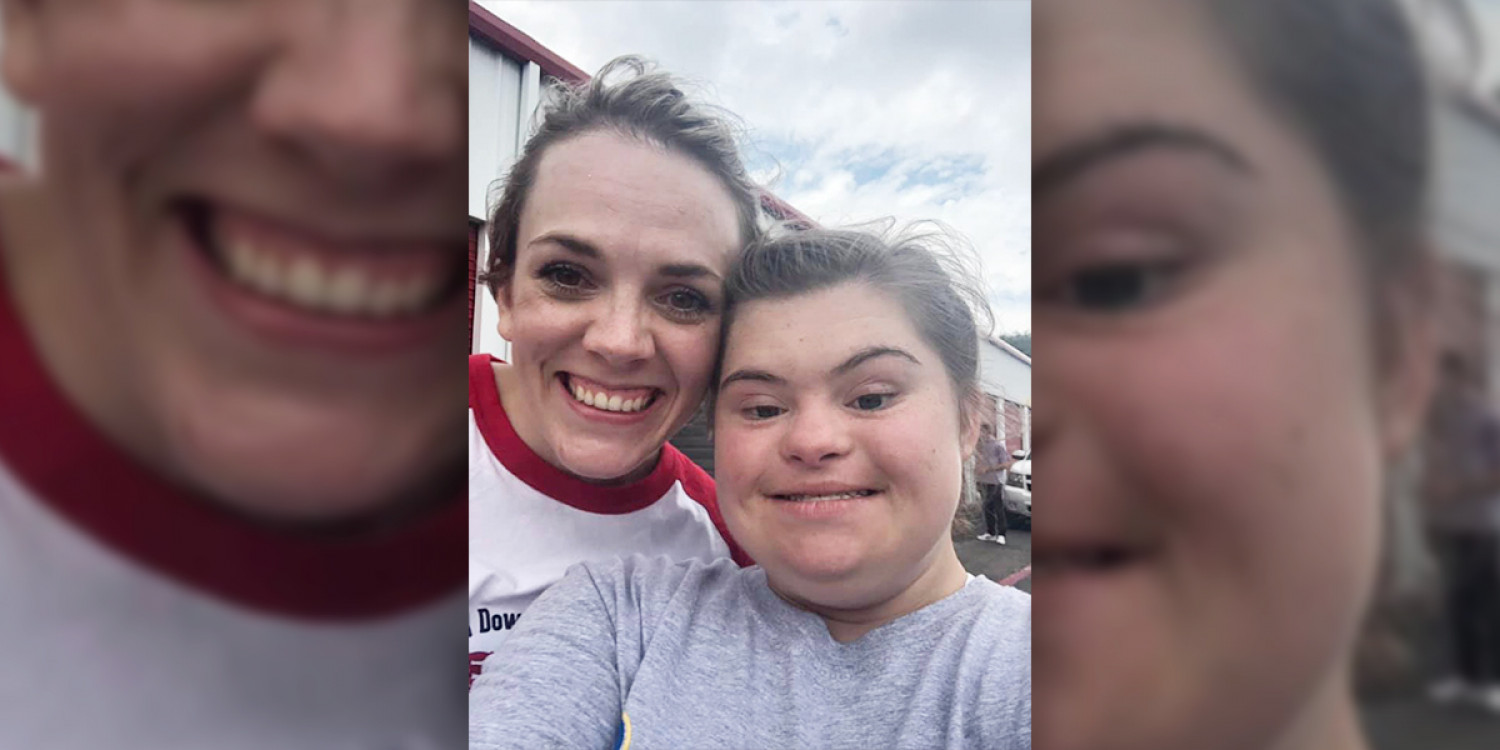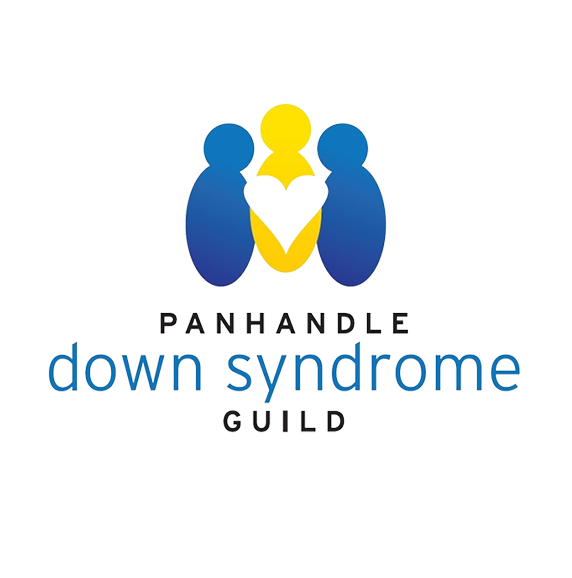

About Down Syndrome
Contact Panhandle Down Syndrome Guild with any questions.
What is Down syndrome?
Down syndrome is a genetic disorder caused by an extra chromosome number 21. It's named after the doctor who discovered its cause.
How is Down syndrome diagnosed?
Tests can be done before birth to find out if a baby has Down syndrome. Tissue and fluid in the womb around the baby can be checked for the extra chromosome. After birth, if the baby has any of the physical signs or birth defects of Down syndrome, the baby's blood can be tested to check for the extra chromosome.
What are the physical signs and birth defects of Down syndrome?
Some of the most common physical signs of Down syndrome are folds at the inner corners of the eyes, a flat nose bridge, ears that are small or look lower than usual, curved "pinky" fingers and a gap between the big toe and the second toe. None of these signs will cause health problems.
Some birth defects associated with Down syndrome cause more serious health problems. Babies with Down syndrome often have poor muscle tone or problems in their heart, stomach or eyes. Intelligence ranges from low normal to very retarded (slow to learn).
Since I learned my baby has Down syndrome, I've been confused and upset. What can I do?
It's usually a surprise and a disappointment to find out your baby isn't the "perfect" baby you hoped for. You may feel disappointment, grief, anger, frustration, fear and anxiety about the future. These feelings are all normal. Talking to other parents of children with Down syndrome can be helpful, because they know how you are feeling.
Will my child be able to do the same things that other children do?
In many important ways, children with Down syndrome are very much the same as other children. They have the same moods and emotions, and they like to learn new things, to play and enjoy life. You can help your child by providing as many chances as possible for him or her to do these things. Read to your child and play with him or her, just as you would another child. Help your child to have positive experiences with new people and places.
Will my child need special medical care?
As with any child, children who have Down syndrome need regular medical care. Because children with Down syndrome often have problems hearing and seeing, your doctor may want to test your child for these problems at each visit. If there's a problem, your doctor may refer your child to a specialist who can help him or her with it.
If I've had one baby with Down syndrome, am I at greater risk of having another?
In most cases, for every 100 couples who have another baby, 1 will have another baby with Down syndrome. If you're planning on having more children, talk with your doctor. He or she can help you decide whether to seek genetic counseling.
Several support groups, organizations and community resources exist to help children with Down syndrome and their parents, siblings and other family members.

